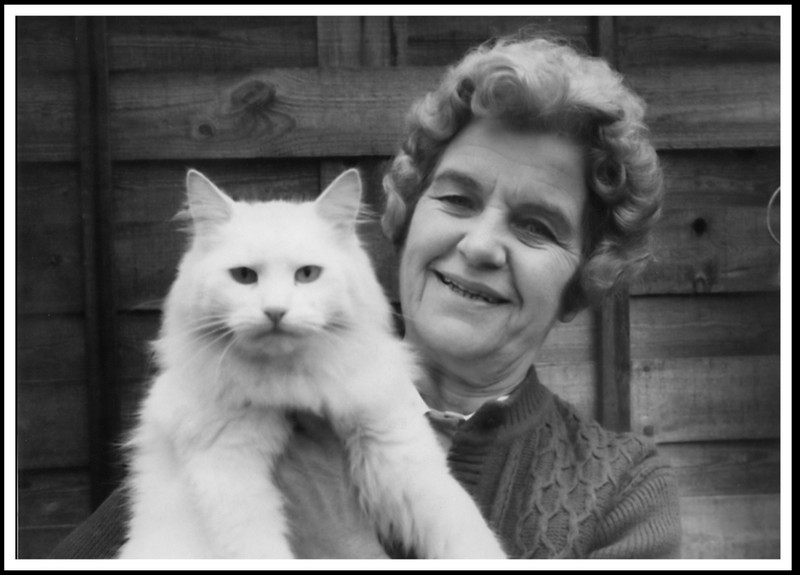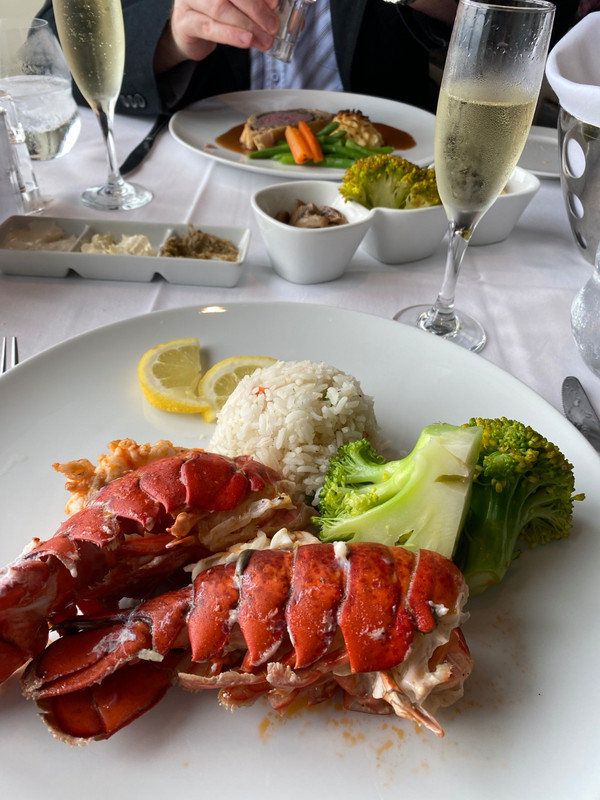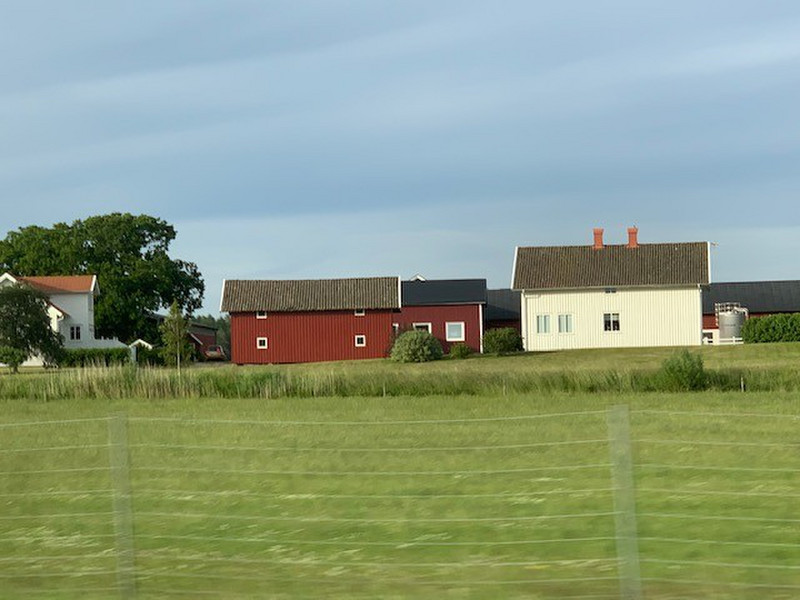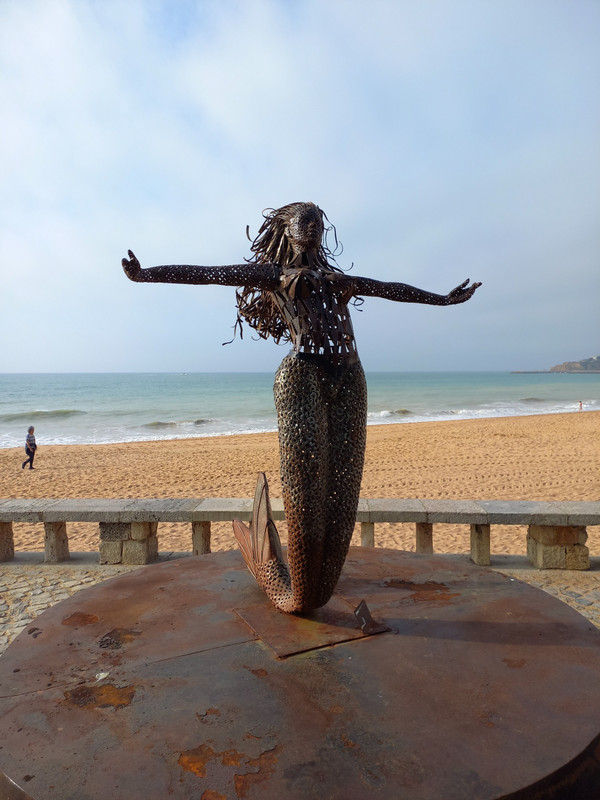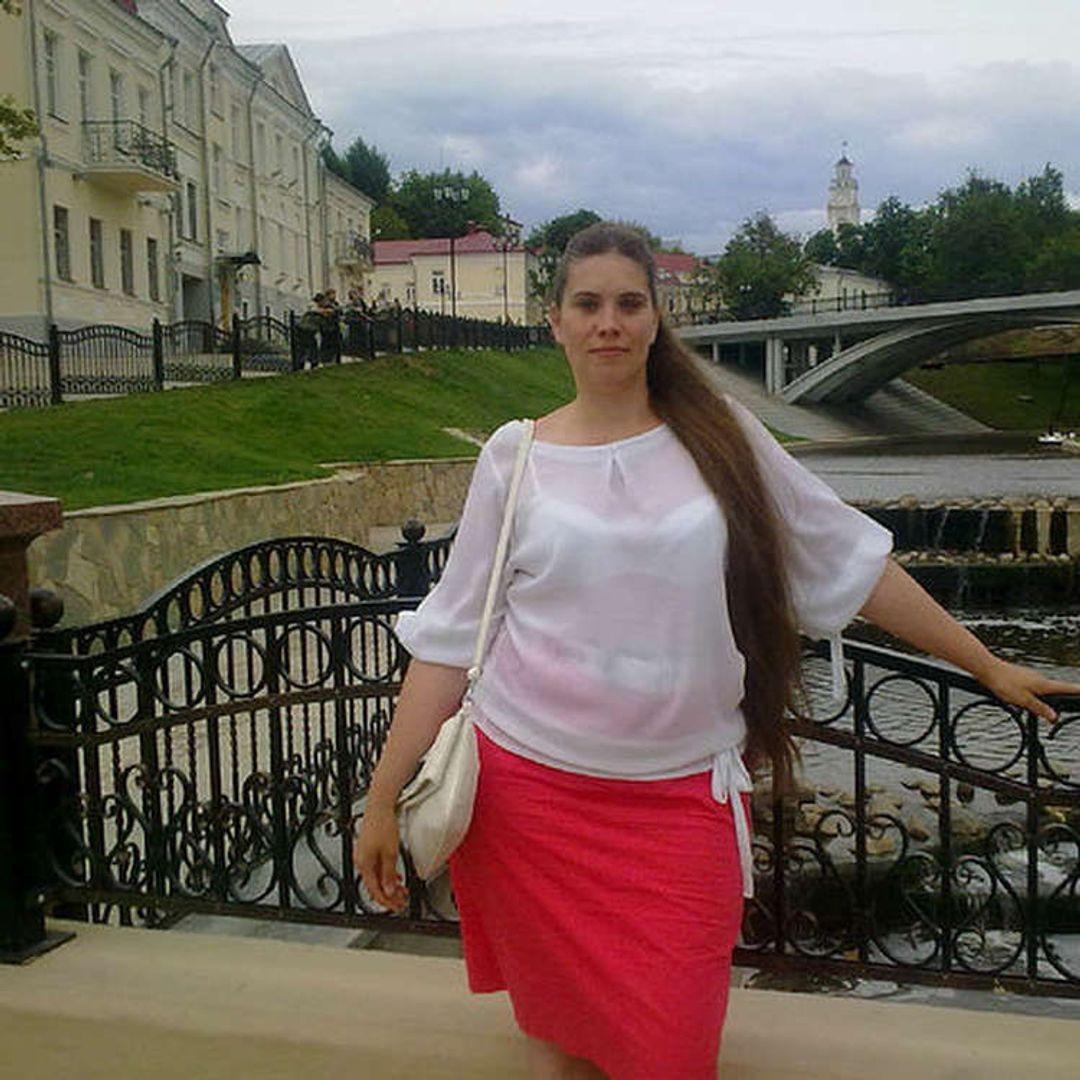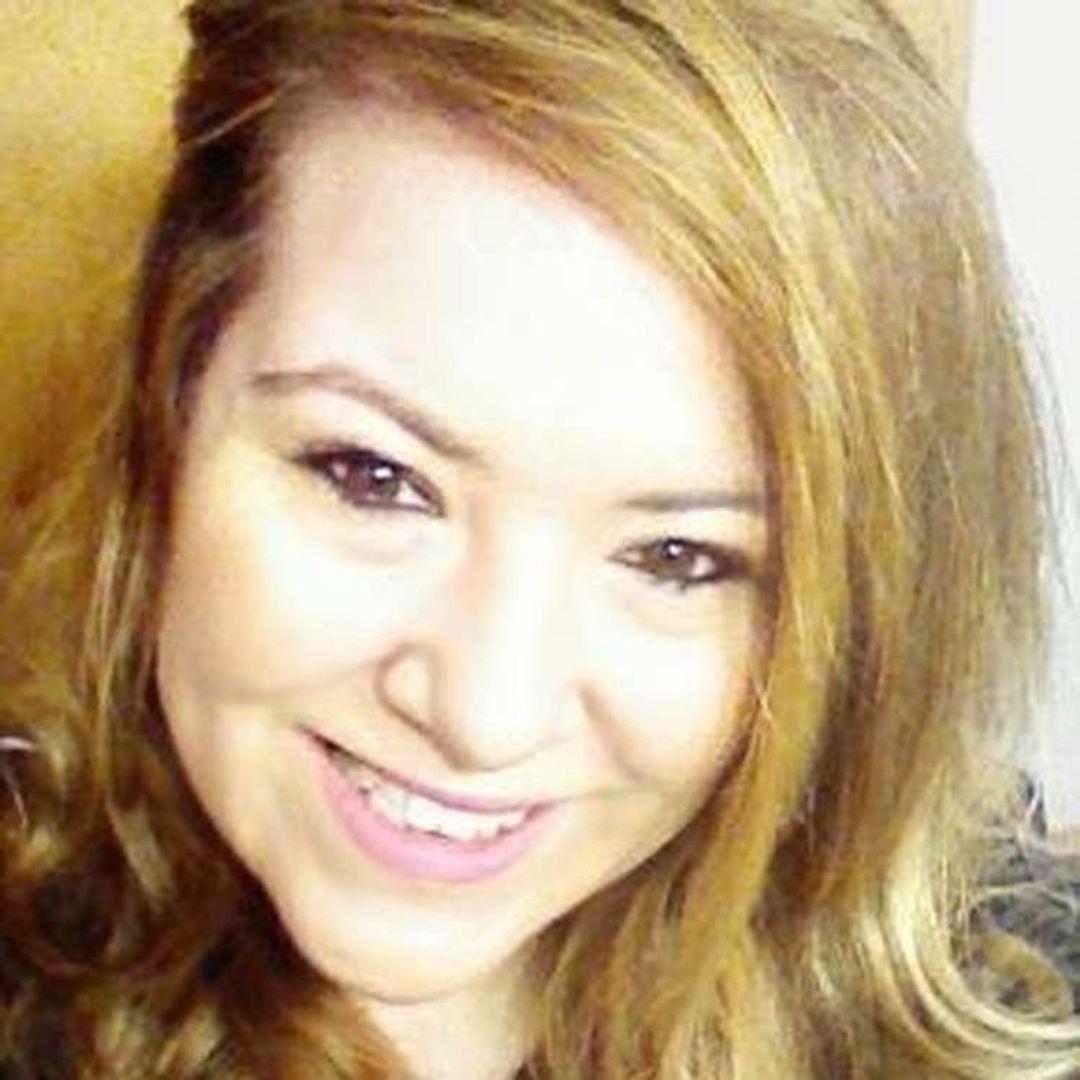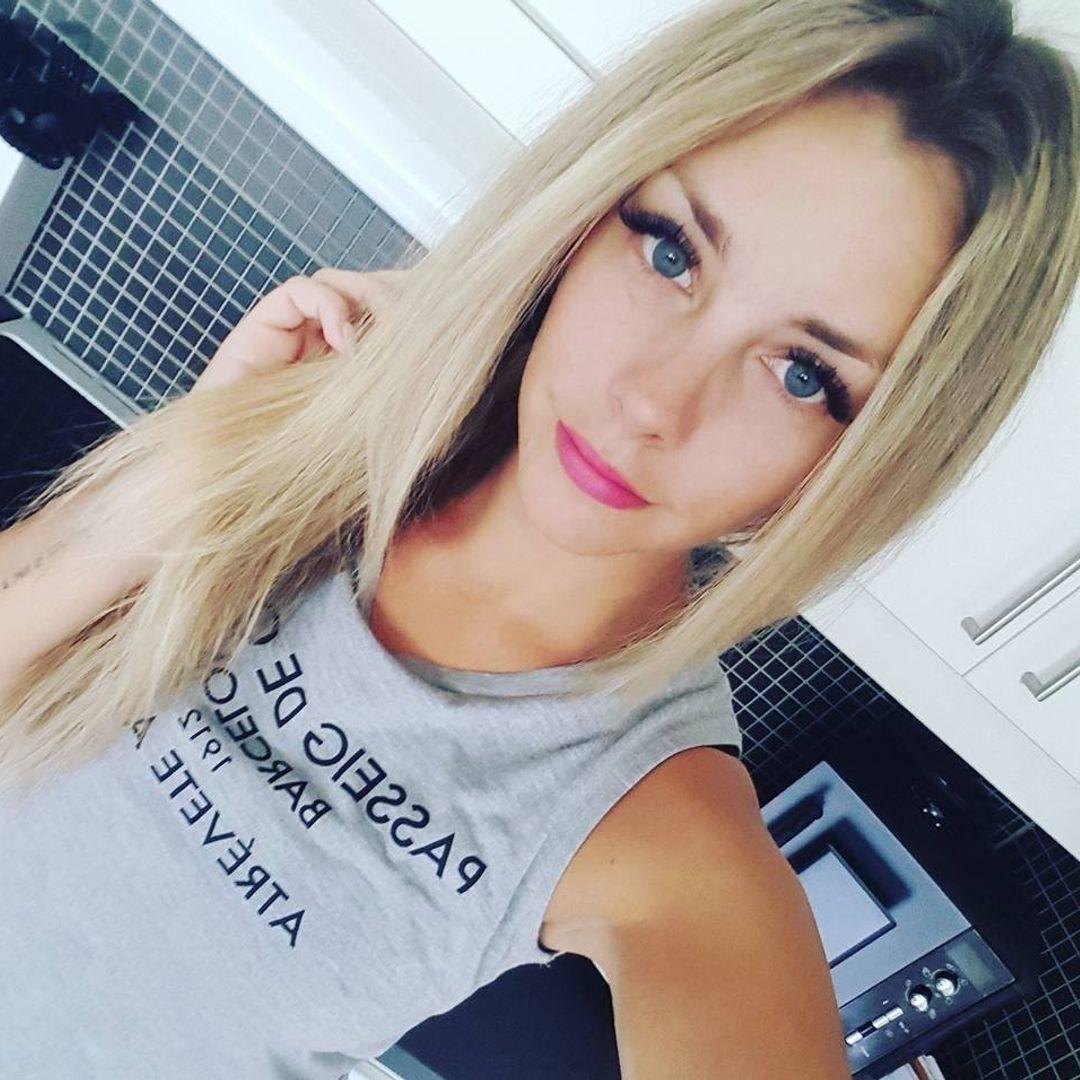A few years ago I wrote a blog about my dear old dad. I chose to write about him, and not my mother, because he was a more colourful character. He had a tragic childhood (losing his father at an early age, then being separated from his mother and brought up by a relative) and, as an adult, he was very much his own man – a deep thinker, a skilled craftsman (expert at woodwork, building, electrical work), a loner. My mother, by contrast, had a normal childhood and was content to be a traditional housewife – looking after her husband and two children. Unlike Dad, she had few quirks. However, I loved my parents equally and feel it is high time I honoured my mother with a written tribute.
On my bedroom door is a photograph of the grave where Mum and Dad are buried. They share the same grave in Henley Road Cemetery, Reading, her coffin on top of his. Dad died in 1976 aged 70, and Mum in 1988 aged 69. Her Irish passport (which I have) tells me she was born on June 12th 1918 in Limerick City, was 5 feet
I know nothing at all about her early life in Limerick and very little about her career as a nurse. She had a maiden sister, Chrissie, who lived in Dublin and often visited us in Reading, and a brother, Willie, whom I met in Ireland. Another sister, Bridie, had died very young. I never met my mothers grandparents; Im pretty sure they were both dead when I came into the world in 1951. I remember Mum saying her father was a train driver.
Mum and Dad were married in the late 1940s in Ireland and emigrated to England, where my father had a steady job working for Maples carpet store in London. We lived in lodgings - on Canvey Island and in Birch Avenue, Tilehurst, Reading – until Dad bought a terraced house - 36 Hatherley Road - in Reading in 1955.
Before a housewife and mother, Mum had been a nurse. I remember her talking about being in London during the Second World War – working in a hospital and listening to Winston Churchill on the radio. I think the hospital she
worked at was the Prince of Wales Hospital for Officers at Jamnagar House in Staines, Middlesex. The word ‘Jamnagar sometimes cropped up in Mums conversations about the past. Whether my mother had been an ordinary nurse or a sister I do not know. A doctors name, too, kept cropping up, someone she had obviously admired – Dr. McFarlane.
Mum occasionally talked about her Limerick past. One unforgettable story concerns the movie ‘King Kong, which was released in 1933, when Mum was 15. Her local church was one Sunday because of the rival attraction of ‘King Kong. The following Sunday, according to Mum, the priest delivered these words to the congregation: Ding dong ding dong, and the church is empty; but King Kong King Kong, and the cinema is full.
Mum became a housewife after getting married and had her hands full looking after me and my younger sister, while each day to London. We were poor. The money my father earned as a had to cover our living expenses and a mortgage on the house he had bought for £1,500. Mum was a consummate housewife, accepting her traditional role.
kitchen of 36 Hatherley Road was my mothers workplace. In the 1950s we had neither fridge nor just a gas oven and a sink, some cupboards and an larder under the stairs. She was always washing clothes in the kitchen sink, before putting them through the mangle and then hanging them out on the clothes line to dry. In bad weather, she would drape the wet clothes over a clothes horse in front of the fireplace.
When she wasnt washing, she would be cooking, and I have vivid memories of some of her dishes. In the 1950s and early 60s, healthy cooking oils did not exist; instead, lard was used to fry sausages, eggs, bacon, fish fingers, beef burgers and chips. I will never forget the chip basket – a solid mass of white congealed lard until it was heated and the chipped potatoes added. After a meal, the chip basket would be stored in the larder, and the lard would recongeal until the next time.
